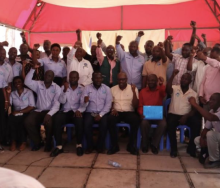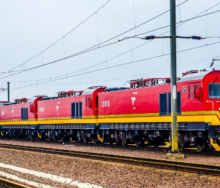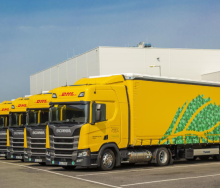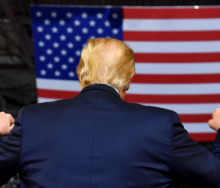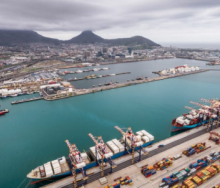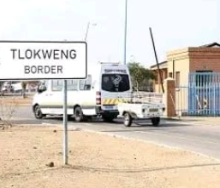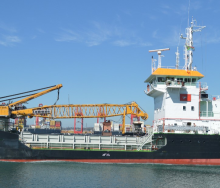UK Prime Minister Keir Starmer has called out Russia for its attacks on Ukrainian ports, promising its support, along with Norway, to provide additional forces to protect the shipping route in the region.
UK intelligence had detected “a noticeable increase” in attacks on Black Sea ports, Starmer said, confirming reports of damages in and around Odesa.
According to the intelligence, at least four merchant vessels, Paresa, Optima, Shui Spirit, and NS Moon, have been hit by Russian arms, the prime minister said. He condemned the attacks on port infrastructure, saying grain carriers had become collateral damage of Russia’s campaign.
Starmer said the attacks were endangering the world food supply, especially for the most vulnerable. One of the vessels that was attacked, Shui Spirit, was delayed loading and transporting vegetable oil headed to the World Food Program for relief in Gaza, while other ships were loading corn for the World Food Program in Africa.
This comes as senior officials from the Ukrainian government met in Odesa to review the security situation for the ports and maritime corridor on Tuesday.
The officials reported that Russia was “attempting to weaken our economy and destroy the country’s key logistics hub”, with more than 50 missile strikes reported in the region.
According to Ukrainian reports, more than 20 merchant ships as well as grain silos, warehouses and port infrastructure have been damaged by Russian attacks since the start of the war in 2022.
The UK government said in a statement that it had been at the forefront of work to protect the maritime corridor in the Black Sea.
The Maritime Capability Coalition (MCC), which is headed by the UK and Norway, aims to provide a future naval fighting force for Ukraine and has already provided its navy with equipment such as uncrewed surface vessels.
Starmer announced that the UK would provide £2.26 billion for Ukraine as part of its contribution to the G7 Extraordinary Revenue Acceleration Loans to Ukraine scheme.
It will also donate £120 million to the MCC and plans to co-fund hundreds of maritime drones, both aerial and uncrewed boats, and surveillance radars.



